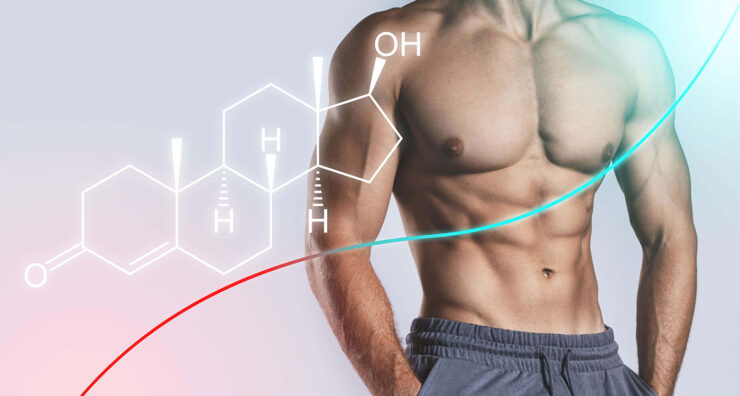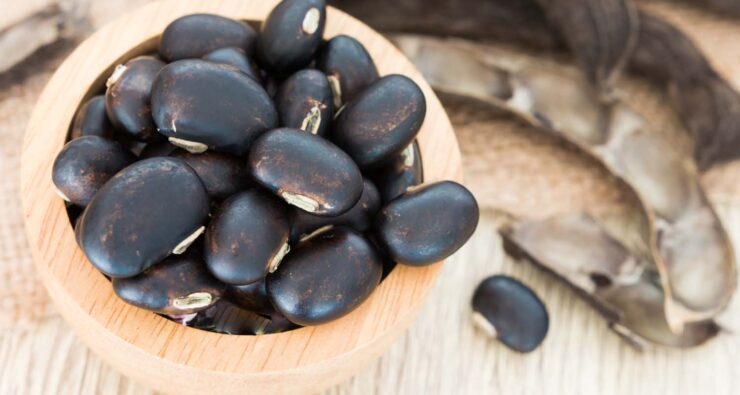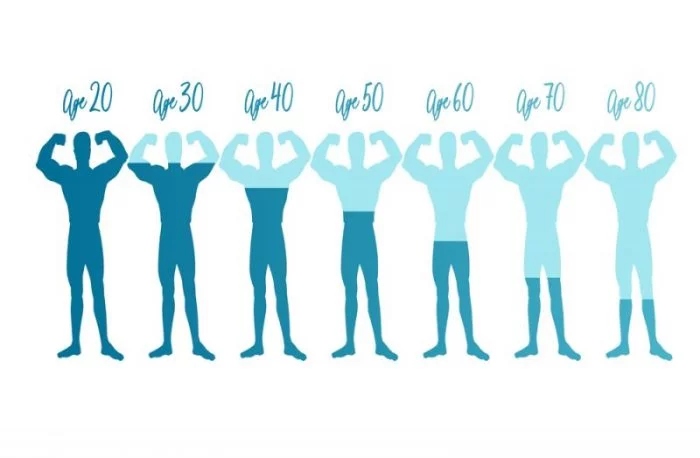For countless men across the globe, the waning strength, energy, and vitality of their youth is not just a function of age, but a manifestation of a more tangible issue: T deficiency. Testosterone, a critical male hormone, plays a central role in the development of male reproductive tissues, the promotion of muscle mass, and the overall sense of well-being and vigor.
As men age, a decline in testosterone levels is natural; however, for some, this decline can severely impact the quality of life. This article, created with the help of experts from AbbaNutrition, delves into natural methods that may help in combating testosterone deficiency and restoring that youthful vigor.
The Importance of Testosterone

Before diving into natural remedies, it’s essential to understand the importance of testosterone in the male body.
- Physical Development: T is responsible for male characteristics such as facial hair, deeper voice, and increased muscle mass.
- Bone Density and Health: Testosterone helps in the maintenance of bone density. A deficiency can lead to weaker bones and conditions like osteoporosis.
- Mood and Energy: T levels influence mood, energy, and cognitive functions. Men with lower levels often report fatigue, irritability, and even depression.
Recognizing the Symptoms
Low T is not just about the number on a lab report. It is a clinical condition with discernible symptoms, including:
- Decreased libido or sexual function
- Fatigue and lack of energy
- Mood disturbances
- Reduced muscle mass and strength
- Increased body fat
- Reduced bone density
Natural Approaches to Combat T Deficiency

There’s a growing interest in natural remedies as a means to address health concerns without relying solely on pharmaceutical interventions. Let’s explore some natural strategies that have shown promise.
Dietary Adjustments
- Zinc and Vitamin D: Both these nutrients are linked with higher testosterone levels. Foods like oysters, beef, poultry, and beans are rich in zinc. Meanwhile, fatty fish like salmon and mackerel, fortified foods, and sunlight exposure can boost Vitamin D levels.
- Cruciferous Vegetables: Broccoli, cauliflower, and Brussels sprouts contain compounds that may help in balancing T levels.
- Limit Sugar and Processed Foods: Excessive sugar intake can lead to insulin resistance, which might be associated with a decline in testosterone levels.
Herbal Remedies

- Fenugreek: This herb is often touted as a natural method to improve T levels and is commonly found in testosterone boosters.
- Tongkat Ali and Mucuna Pruriens: Both these herbs have been traditionally used in various cultures for their aphrodisiac properties and potential to enhance testosterone levels.
Lifestyle Changes
- Regular Exercise: Resistance training, especially weight lifting, is known to boost testosterone levels, at least temporarily. High-intensity interval training (HIIT) can also be effective.
- Stress Management: Chronic stress elevates cortisol levels, a hormone that can reduce testosterone levels. Practices such as meditation, deep breathing, and adequate sleep can significantly reduce stress.
- Avoid Alcohol and Drugs: Excessive alcohol consumption and certain medications can decrease testosterone levels. Limiting these can potentially help in maintaining healthy testosterone levels.
The Role of Sleep
While sleep might seem like a basic human need, its profound impact on testosterone levels cannot be overstated. Men who consistently sleep fewer than 5-6 hours per night often exhibit significantly lower T levels than those who get a full night’s sleep. Establishing a regular sleep pattern, ensuring a dark and cool bedroom environment, and avoiding electronic screens before bedtime can all contribute to better sleep and, consequently, healthier testosterone levels.
Natural Supplements

Over the years, the market has been flooded with natural supplements claiming to boost testosterone levels. While some lack scientific backing, others have shown potential:
- D-Aspartic Acid: This amino acid can increase T levels, especially in those with a deficiency.
- Vitamin B6 and Magnesium: Together, these can enhance the body’s production of testosterone, particularly when combined with zinc.
Always consult with a healthcare provider before beginning any supplement regimen.
Potential Risks and Considerations
While natural methods to boost testosterone are generally considered safer than hormone replacement therapy, it’s vital to be aware of potential risks:
- Overconsumption of any nutrient or herb can lead to adverse side effects.
- Natural doesn’t always mean effective. It’s essential to rely on scientific evidence rather than anecdotal success stories.
- Always consult with a healthcare professional to diagnose T deficiency accurately.
FAQs
Are there specific age groups more prone to T deficiency?

Yes. While testosterone levels naturally decline with age, men in their late 40s and beyond are more likely to experience noticeable symptoms related to testosterone deficiency. However, it’s worth noting that younger men can also suffer from low testosterone due to medical conditions, injuries, or other factors.
Can women experience T deficiency?
Absolutely. While testosterone is often associated with men, women also produce this hormone, albeit in smaller amounts. A deficiency in women can lead to fatigue, decreased libido, and muscle weakness. It’s essential for women to consult with a healthcare provider if they suspect they’re experiencing symptoms of testosterone deficiency.
Are there any specific tests to diagnose T deficiency?
Yes, the primary method of diagnosing testosterone deficiency is through a blood test that measures total T levels. It’s often recommended to conduct this test in the morning when T levels are typically highest.
How do over-the-counter T boosters differ from natural methods?
Over-the-counter testosterone boosters often contain a blend of vitamins, minerals, and herbs that claim to boost testosterone levels. While some of these ingredients, like fenugreek or vitamin D, might be similar to the natural methods mentioned, the concentration and combination can differ. Moreover, the efficacy and safety of some OTC boosters haven’t been well-established.
How long does it take to see improvements in T levels with natural approaches?
The time can vary depending on the individual, the severity of the deficiency, and the specific methods used. While some might experience improvements within weeks of implementing lifestyle and dietary changes, others may require several months. Regular monitoring of T levels can help gauge the effectiveness of the chosen methods.
Can T deficiency be a symptom of a more serious underlying condition?
Yes. While age-related decline is common, sudden or severe T deficiency can indicate more serious conditions such as testicular injuries, pituitary gland issues, or chronic illness. It’s crucial to consult with a healthcare professional to rule out underlying medical conditions.
Conclusion
Testosterone deficiency can significantly impact a man’s quality of life, but there’s hope in natural remedies and lifestyle changes. By incorporating the right dietary choices, engaging in regular exercise, managing stress, ensuring adequate sleep, and considering natural supplements, men can potentially combat this deficiency and reclaim their vitality.
However, remember that while these methods offer a natural path to wellness, it’s essential to combine them with regular check-ups and consultations with healthcare professionals. After all, restoring vitality is as much about being proactive as it is about choosing natural methods.

